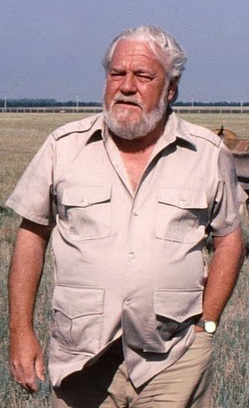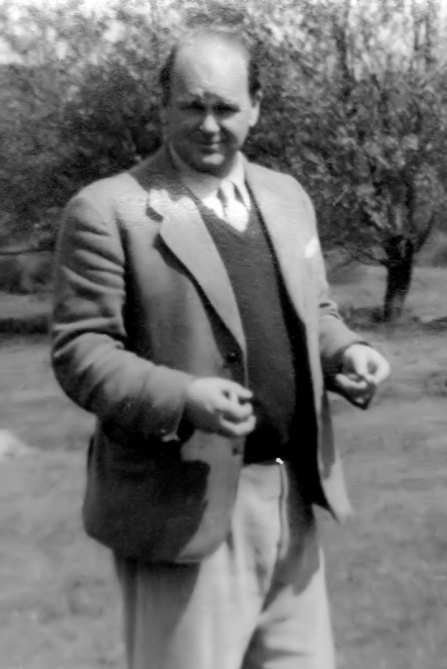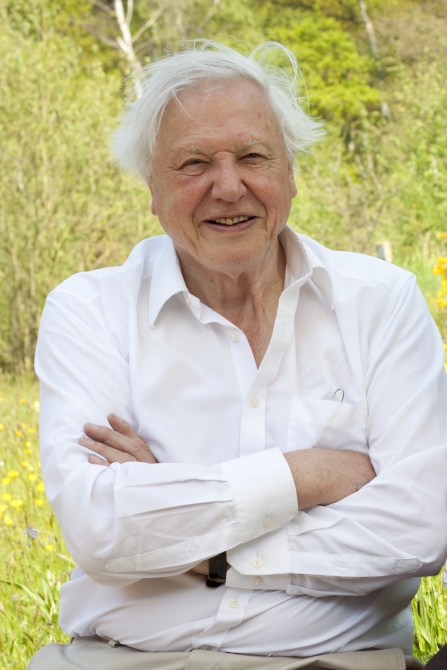We’ve all done it. Sat in the pub or on a long a drive. That conversation about who you would invite to a fantasy dinner party. Maybe Stephen Fry for the general knowledge? Or Winston Churchill for the anecdotes and witty one-liners?
Well for me, it would be easy. Give me the chance and I’d assemble some of the founding fathers of modern nature conservation. Peter Scott, Gerald Durrell and David Attenborough. These three, more than any others, have brought me joy and inspiration and helped to shape the passion I have for nature and my desire to work towards saving it.
All of them came from a time and background where independent finances and a positive attitude meant you could do just about anything. And all three did.




